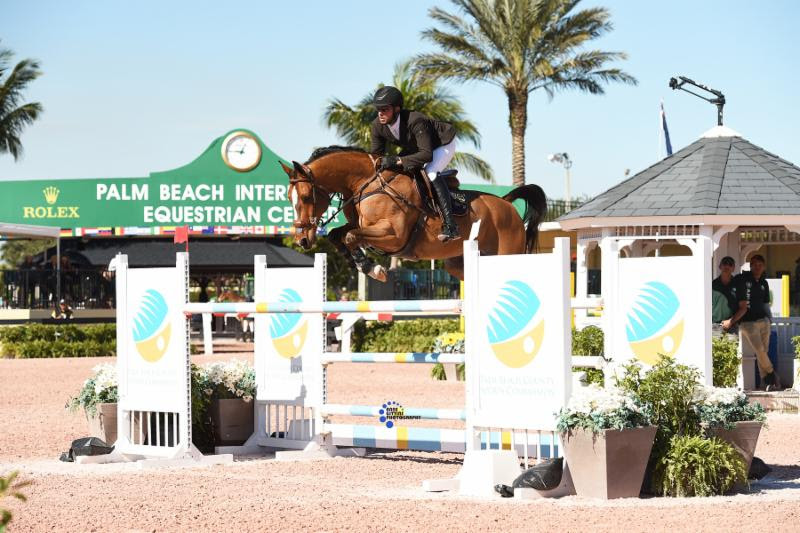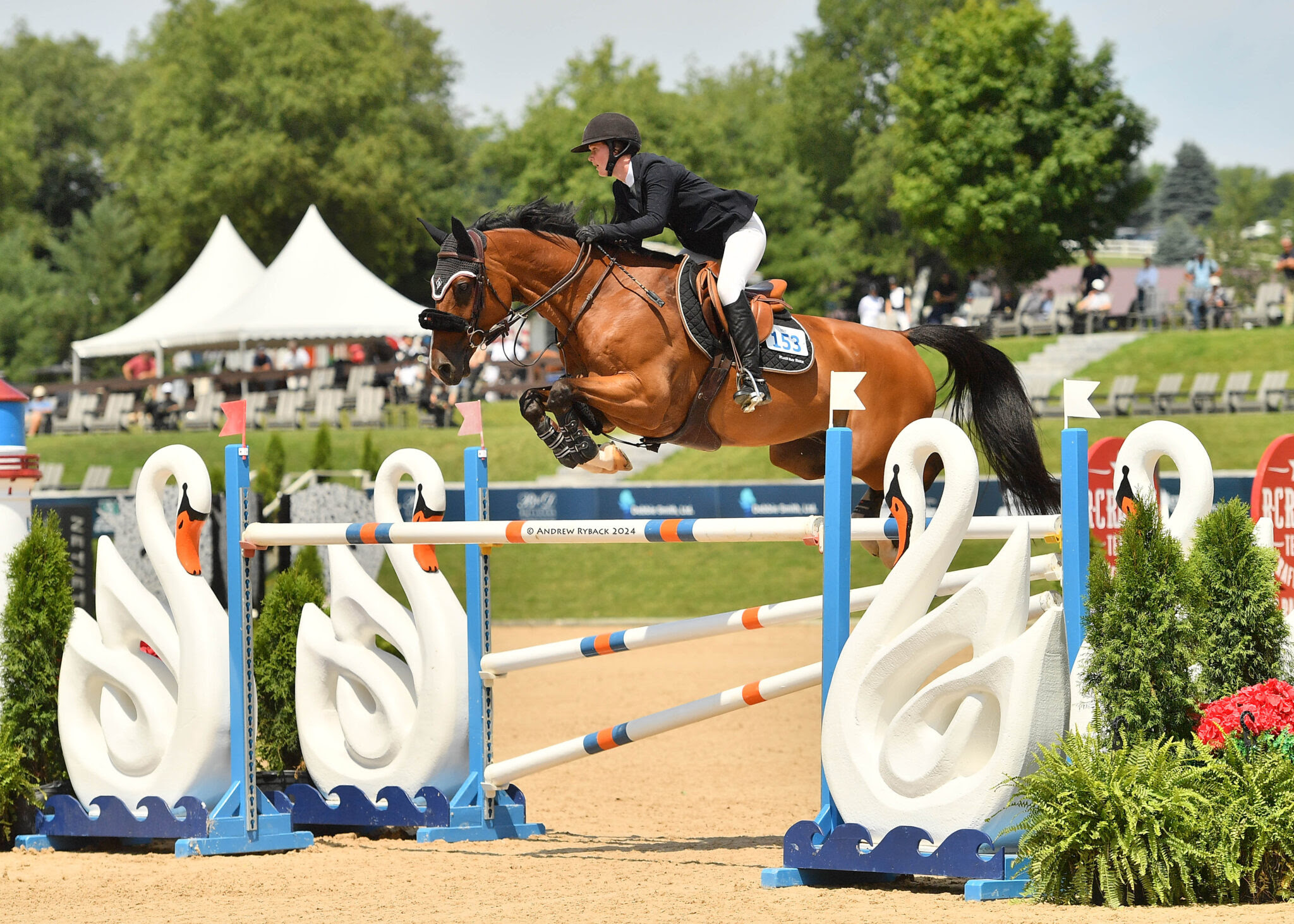As of Monday, March 8, new horse show entries will be allowed if:
1. The horse has not showed outside of Wellington venues in the last 10 days.
2. The horse has not been exposed to horses that have competed at venues outside of Wellington.
Please note that all other restrictions are still in place and are as follows:
Anyone shipping horses into the PBIEC and Equestrian Village facilities will be required to sign a declaration stating that the horses entering the facility have not competed at other Florida venues outside of Wellington or been in close contact with horses that competed in other Florida venues outside of Wellington within ten (10) days prior to their arrival.
Starting Monday, March 8, any horses shipping onto the property (both WEF and AGDF grounds) will require a health certificate or statement on official licensed veterinarian letterhead and must be dated by Veterinarian within seven (7) days of arriving (see Wednesday’s press release for details).
ESP will require all barns on PBIEC and Equestrian Village show grounds to maintain a temperature log with twice-daily temperatures recorded and recommend posting on each horse’s stall door. Random checks by approved veterinary staff may be implemented.
ESP and USEF strongly recommend that equestrians do not ship horses throughout the state for the foreseeable future. In addition, we encourage you to cease any European imports you may have scheduled to Florida. We urge those with recently imported horses to isolate and monitor them for 10 days. Horses imported from Europe in the last 14 days and going forward will not be allowed into PBIEC or Equestrian Village show grounds.
Any horse on the show grounds with a fever of unknown origin or of suspicious origin must be reported to ESP Management. It is always better to err on the side of safety. Isolation stalls will either be available on the grounds or at a local veterinary practice if the need arises.
It is our shared responsibility to keep our horses safe. Similar to the suggested protocols in place for humans due to COVID-19, we urge all equestrians to please remember and abide by the following biosecurity measures:
Take all horses’ temperature daily and report any horse with a temperature above 101.5 degrees Fahrenheit or any signs of respiratory or neurological disease to your veterinarian and/or show management
Take the temperature of all horses prior to shipping to WEF or AGDF, and do not bring any febrile horses to the show
Avoid mixing of horses where possible, practice equine ‘social distancing’
Ensure good hygiene and biosecurity at the show and your home farms
Make sure your horses are currently vaccinated for influenza and EHV.
You should be able to document your horse’s normal temperature before arrival. Please do not ship horses with elevated temperatures. It is recommended that you establish a log of temperatures taken at least twice daily. If there is an elevated temperature for more than a 24-hour period, please consult your local Veterinarian immediately
Every effort should be made to minimize stress and commingling of horses shipped long distances. Extra hours on a horse van or moving from stable to stable is the fastest way to compromise your horses’ and your neighbor’s horses’ health
Please take the time to review equine good hygiene practices and impress its importance to your grooms and barn managers in everyday care.
Source: Press Release



